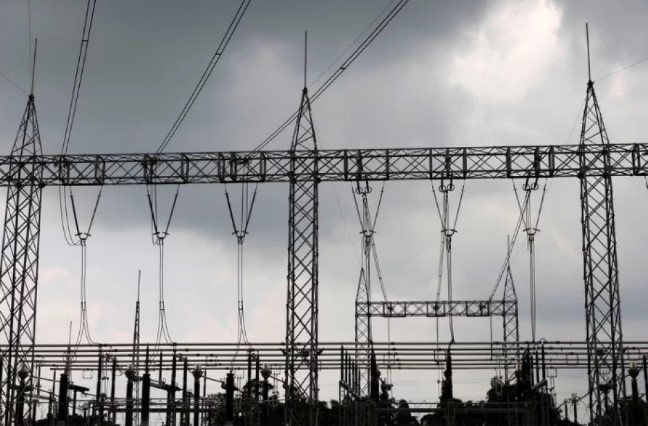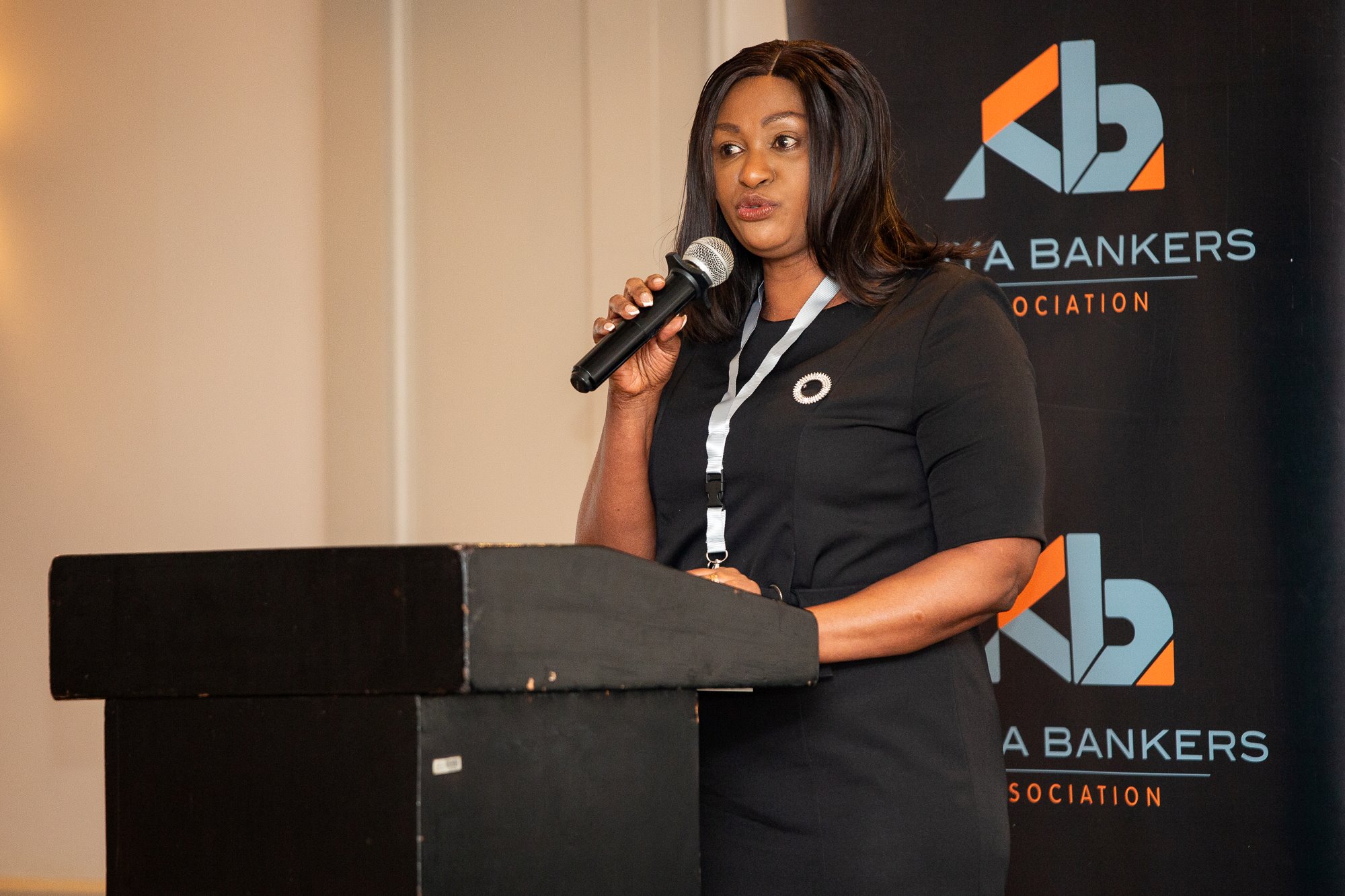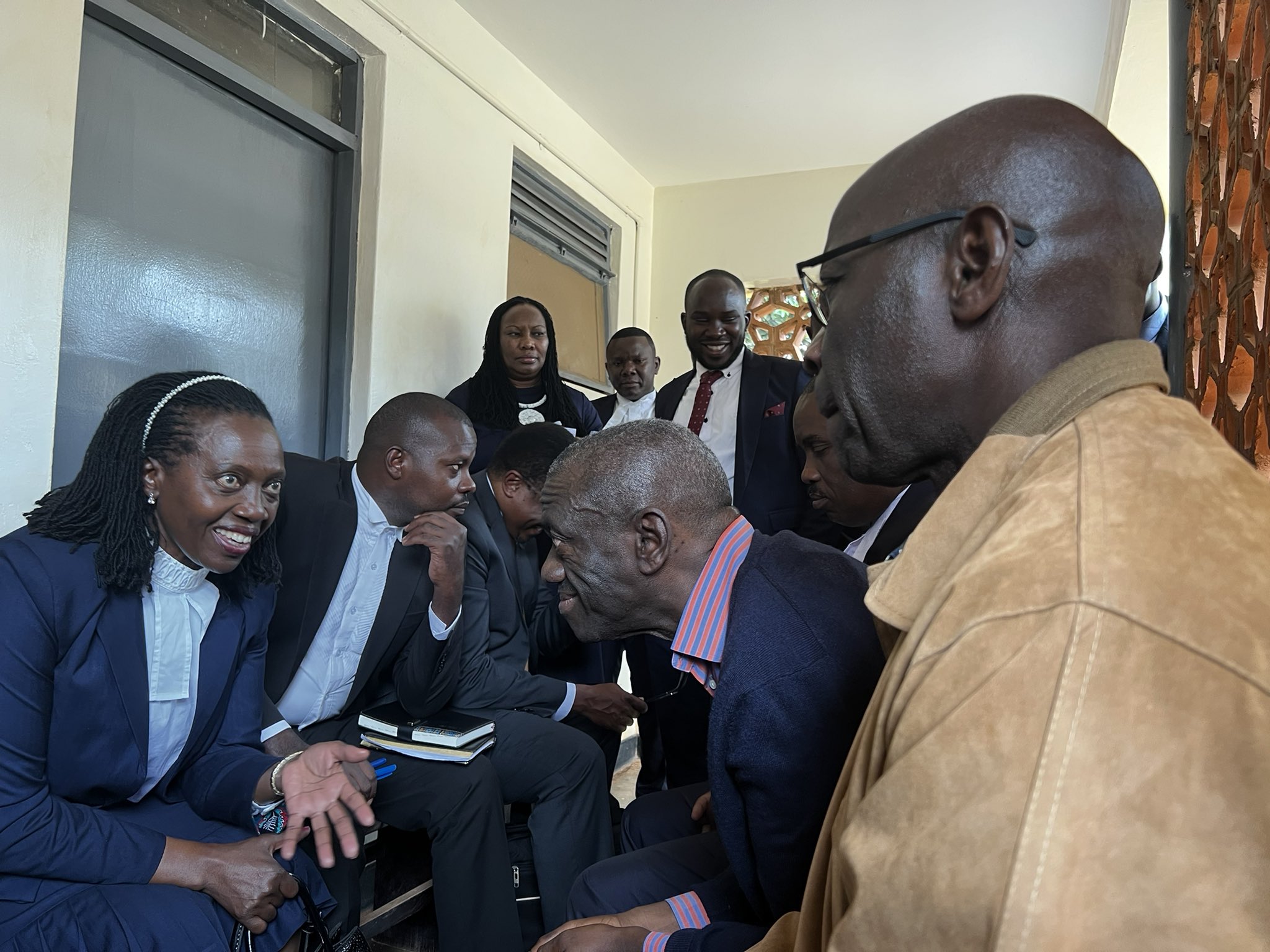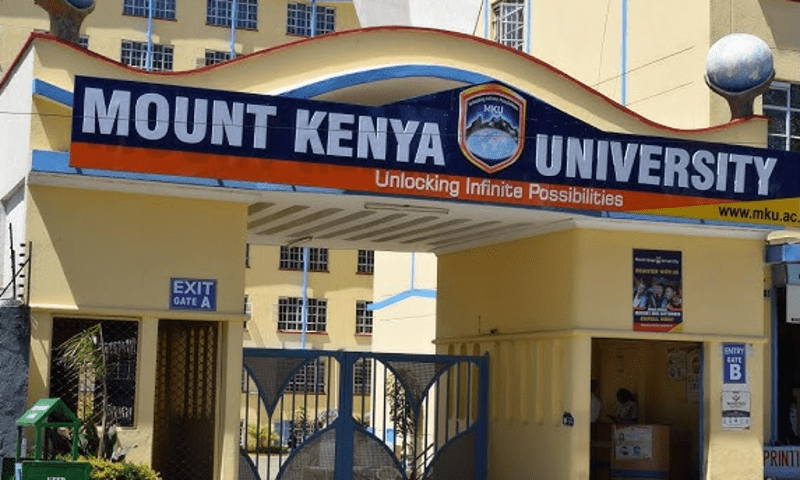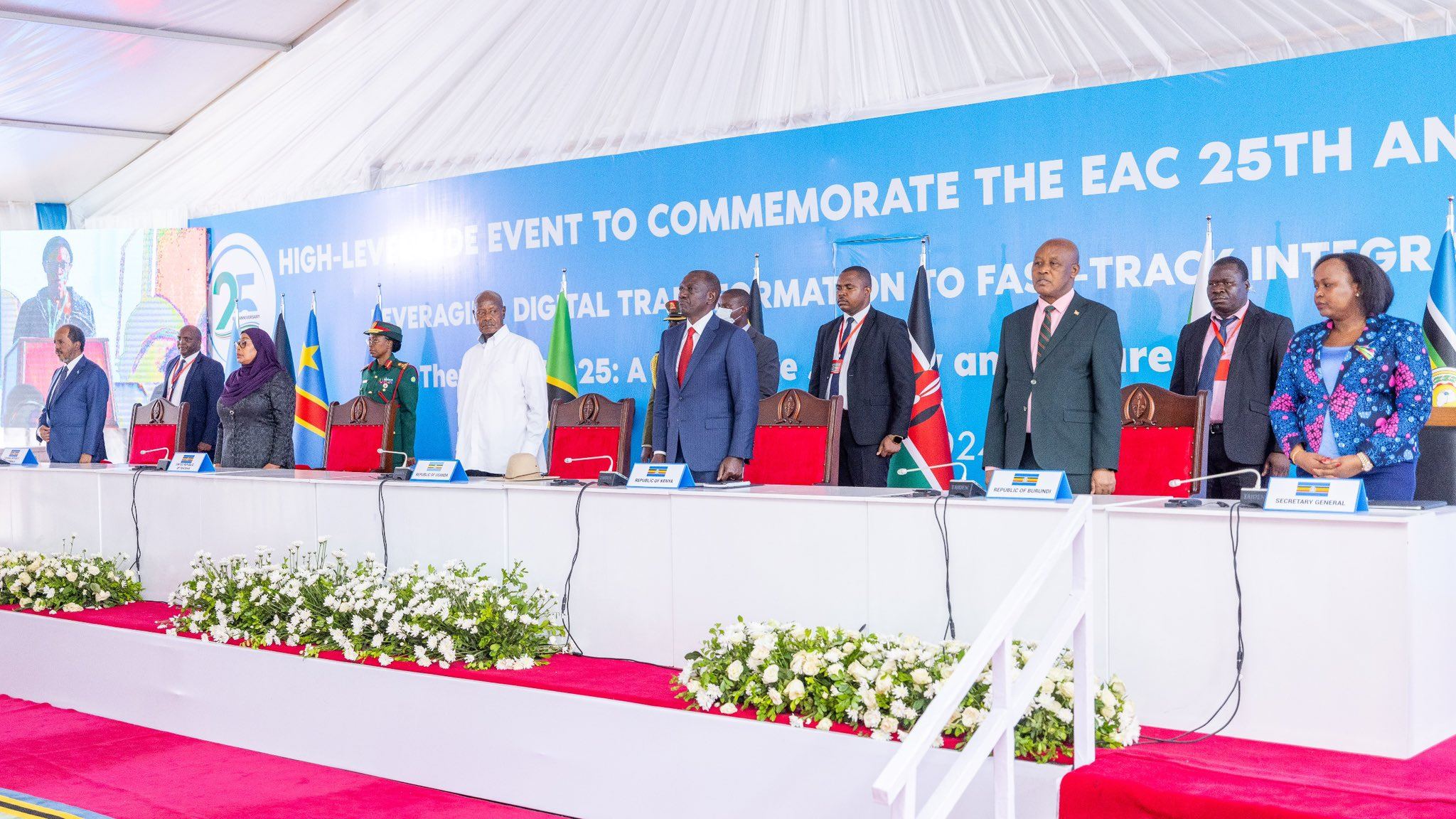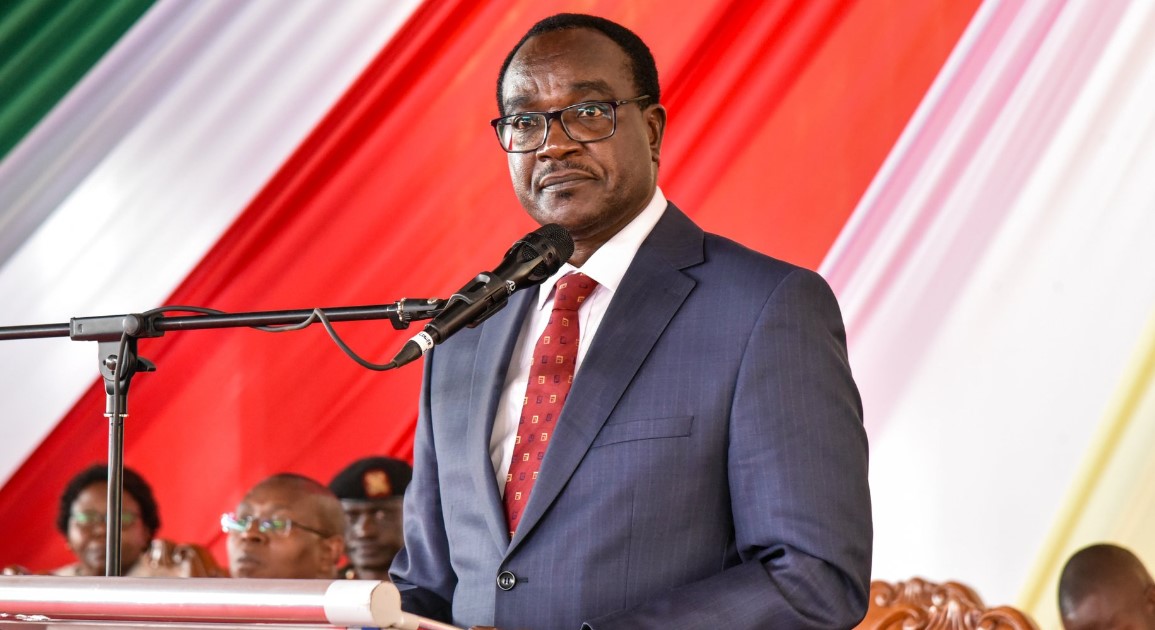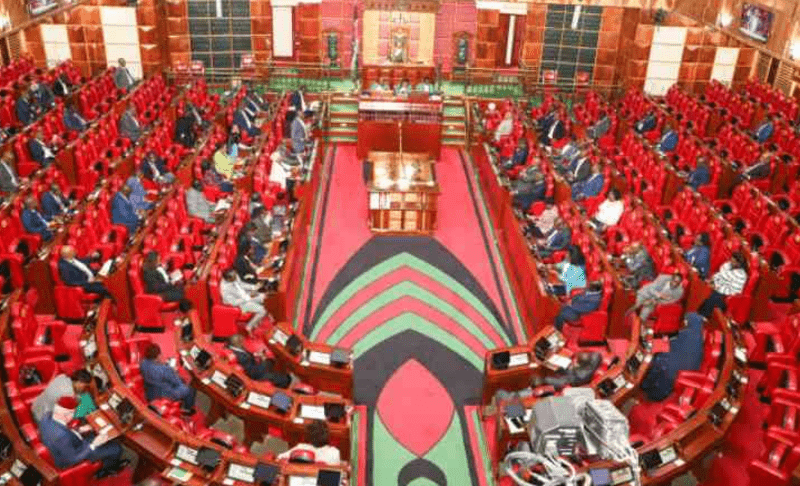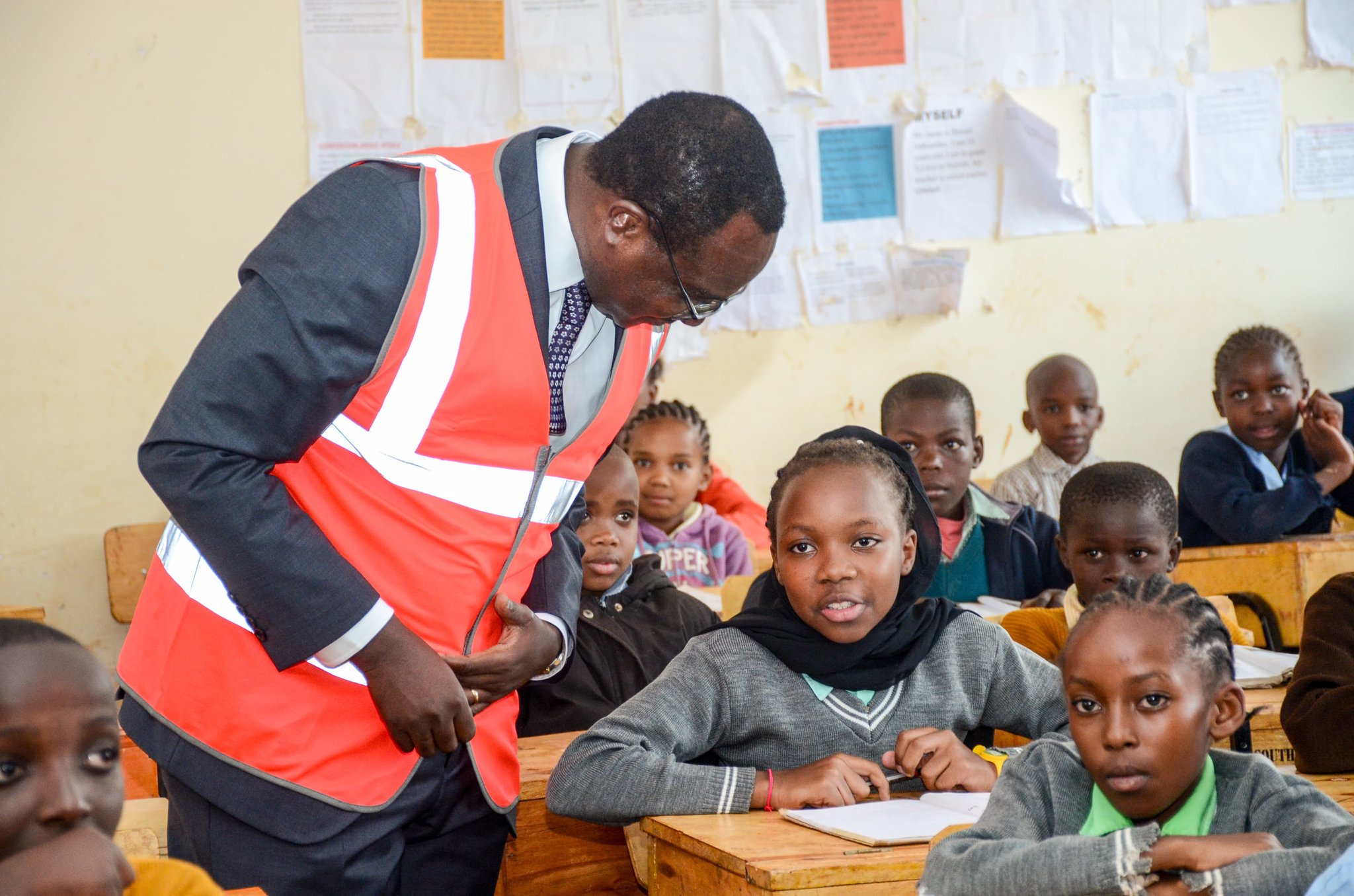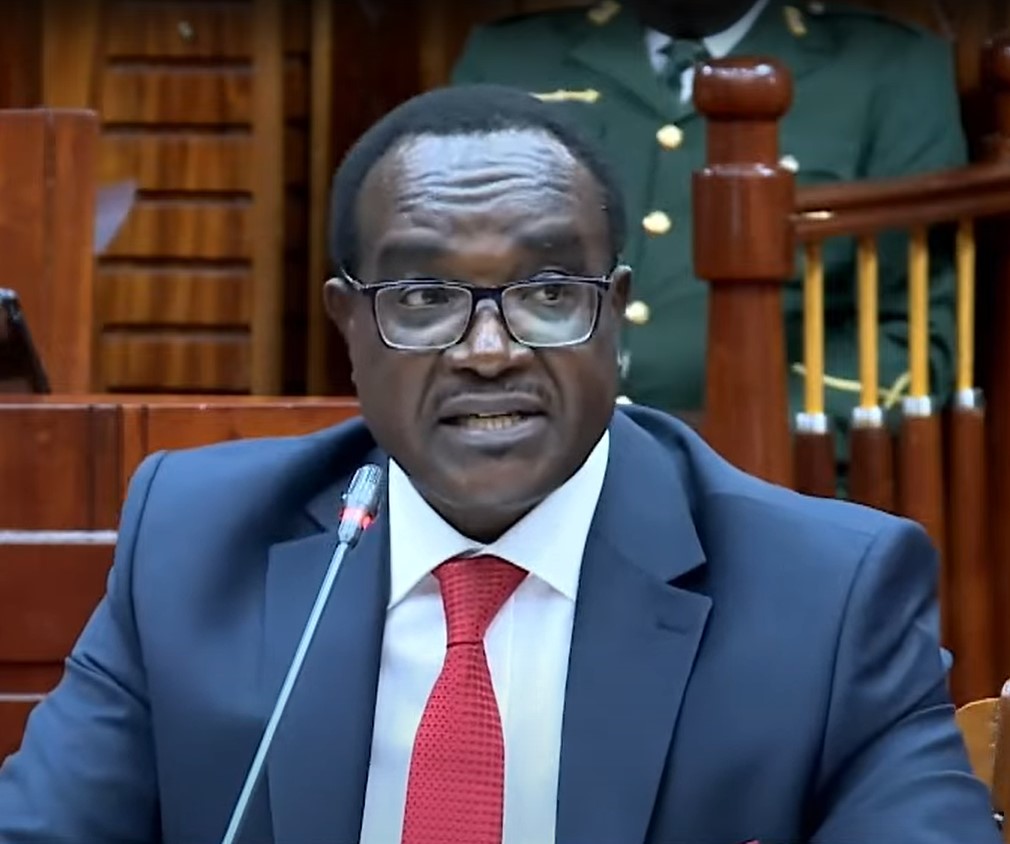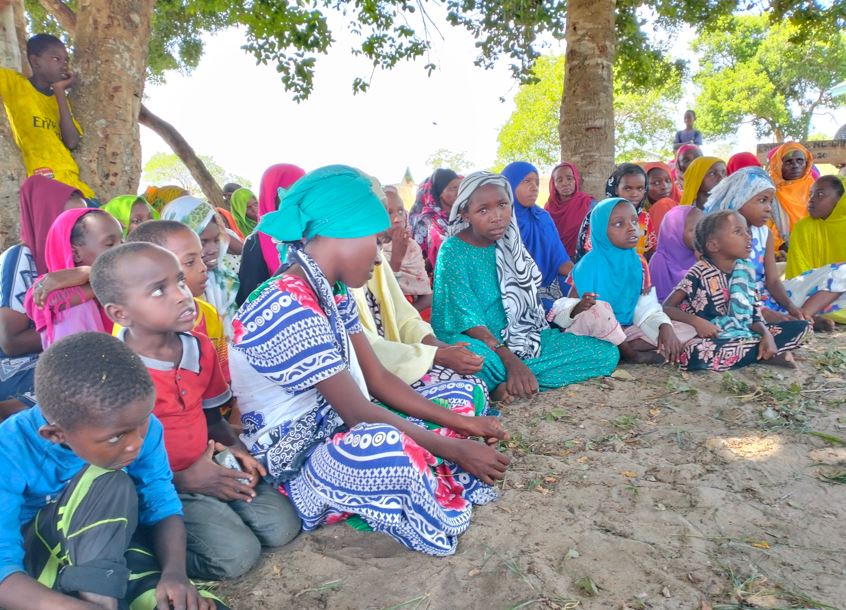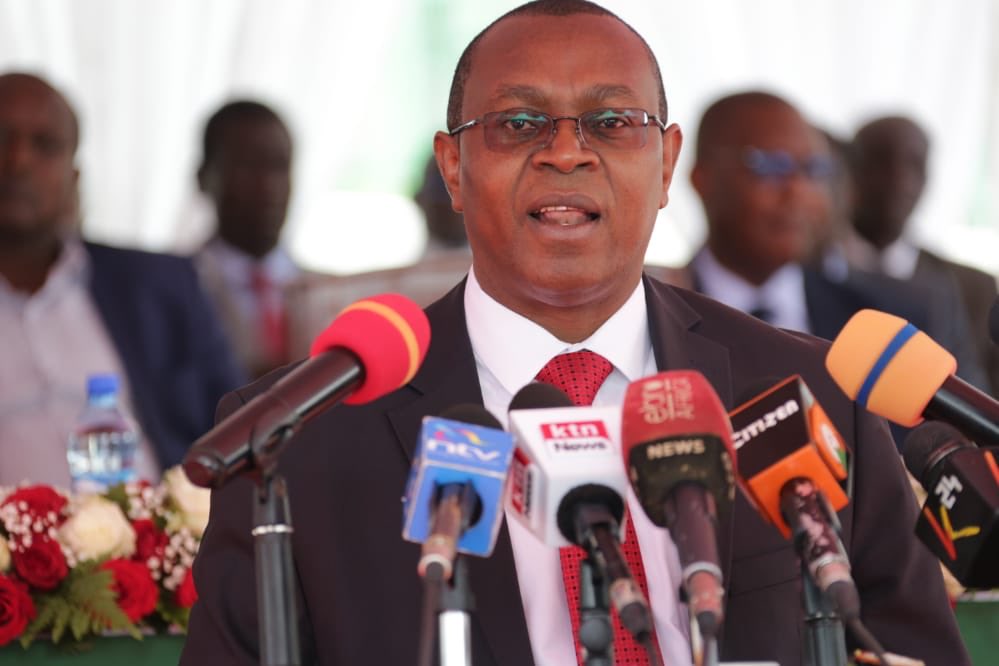Concerns rise over CBC curriculum as senators question readiness for Grade Nine transition
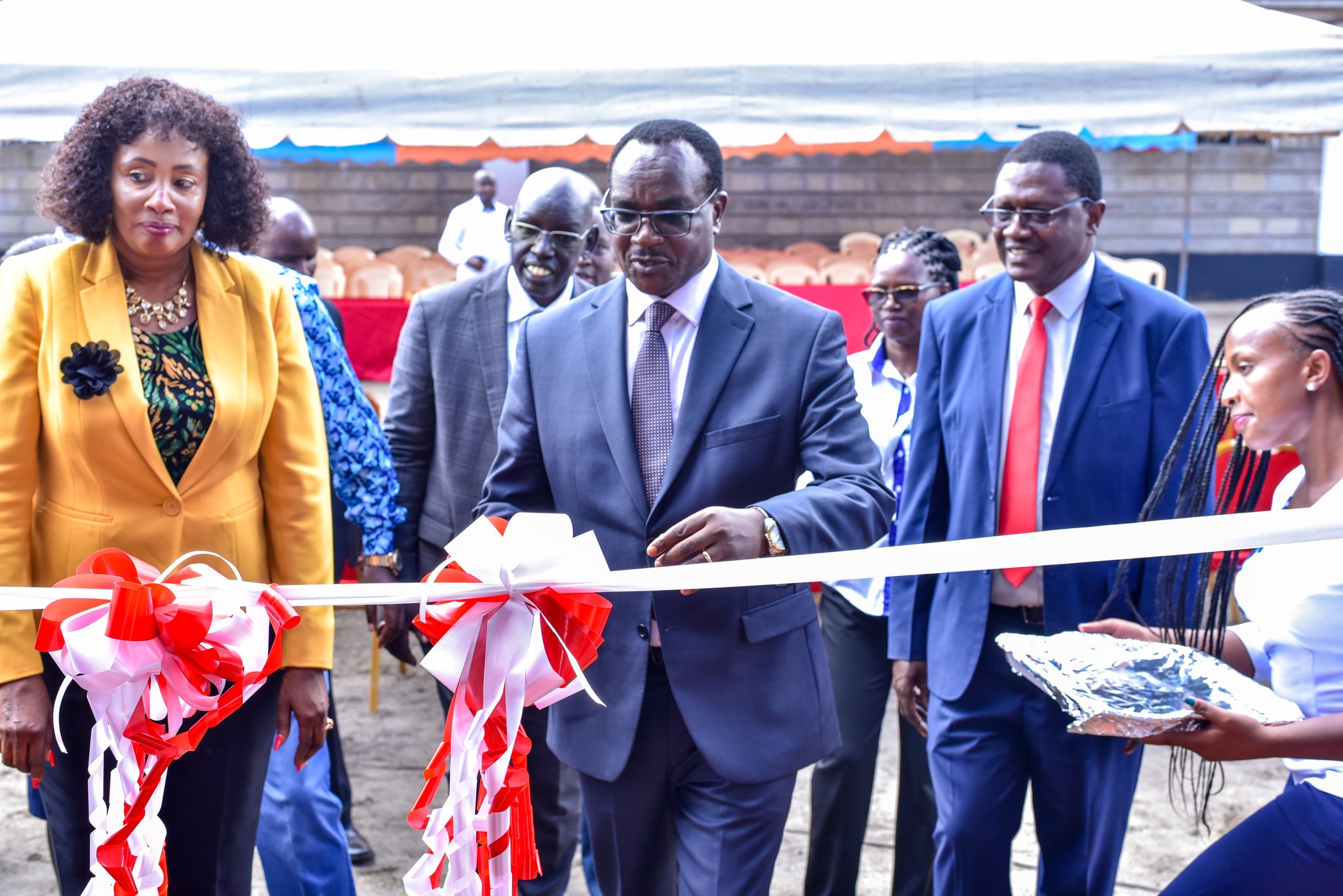
By Lucy Mumbi |
The lawmakers highlighted several challenges in policy execution, curriculum development, teacher training, and funding.
Senators have raised concerns over the looming rollout of the Competency-Based Curriculum (CBC) for 1.3 million students set to join Grade Nine in January, warning that poor implementation could jeopardise their learning.
The lawmakers highlighted several challenges in policy execution, curriculum development, teacher training, and funding.
Keep reading
The issue was raised by Kisii Senator Richard Onyonka, who argued that the CBC’s implementation had exposed deep-seated issues, particularly exacerbating inequalities within the education system.
“The CBC’s focus on projects and hands-on learning over core subjects, combined with the financial strains on low-income families, has left many students unprepared for global competition and deepened educational disparities in our communities,” Onyonka said.
The lawmakers now want Education Cabinet Secretary Julius Ogamba to address these concerns and explain how the government plans to prepare for the Grade Nine transition next month.
Onyonka further asked Ogamba to provide clarity on how his ministry is working to bridge resource gaps between urban and rural schools and to support low-income parents.
He also urged the ministry to launch an extensive public awareness campaign to familiarise parents, teachers, and students with CBC requirements and available resources.
Nandi Senator Samson Cherargei expressed agreement with Onyonka’s concerns, acknowledging that CBC had its roots in the previous administration but emphasised the importance of ensuring that Grade Nine students can smoothly transition into the new system.
“We want to build a system that gives people life skills. You need to ensure that Grade Nine students in CBC are transiting,” Cherarkey said.
Concerns were also voiced by Nairobi Senator Edwin Sifuna, who highlighted the frustrations of many parents with the CBC’s demands.
“Sometimes children come home with complex assignments, and parents must buy some materials and equipment. Parents are being asked to buy printers, and so on and so forth,” Sifuna said.
Students' quality
Bungoma Senator Wakoli Wafula, who is also a teacher, expressed disappointment over the quality of students produced under the CBC system.
“As a teacher, it really pains me to be churning out half-baked students. They are not critical thinkers. They think in terms of regions and have no sense of reality in them,” Wafula said.
Ogamba, while appearing before the National Assembly had reported that only 5,052 new classrooms had been completed out of the 16,000 required for CBC implementation.
He however assured the lawmakers that 11,000 classrooms were in various stages of completion and would be ready by December 2024.
He noted that the government had secured Sh11 billion from the World Bank to build over 11,000 classrooms, with the remainder of the funding expected to come from the National Government Constituency Development Fund (NGCDF).
The CS reassured that the government remains committed to ensuring a smooth transition for Grade Eight learners
“By January, we will be ready to receive them in all schools across the country,” he said.
The CBC's Basic Education framework is structured over a 2-6-3-3 system, consisting of two years in pre-primary, six years in primary, three years in junior secondary, and another three years in senior secondary.
Junior secondary, introduced in 2023, includes Grades 7, 8, and 9, with Grade 8 starting in January 2024. The first cohort will progress to Grade 9 in 2025, marking the completion of junior secondary under the CBC.
In addition, senior secondary school spans three years, aimed at learners aged 15 to 17. School principals have proposed that Grade 7 remain in primary schools while Grades 8 and 9 transition to secondary schools, optimising existing facilities and staff.
Ogamba also highlighted the ongoing recruitment of 46,000 teachers, with plans to convert junior school intern teachers into permanent positions. He noted that the exercise is part of a broader initiative by the Kenya Kwanza administration to strengthen the education system.
Meanwhile, universities in Kenya are also taking steps to address the changing educational needs posed by CBC.
KCA University, for example, has launched a teachers' college dedicated to training lecturers on CBC and has begun re-engineering its labs to meet the evolving requirements of the curriculum.
“We are preparing the instructors so that when the learners join university, lecturers will be well equipped,” KCA University Vice Chancellor Isaiah Wakindiki said.
He added that the establishment of a lecturers’ retooling college was a significant step towards ensuring academic staff are adequately prepared for the challenges of teaching CBC students.
Reader comments
Follow Us and Stay Connected!
We'd love for you to join our community and stay updated with our latest stories and updates. Follow us on our social media channels and be part of the conversation!
Let's stay connected and keep the dialogue going!


